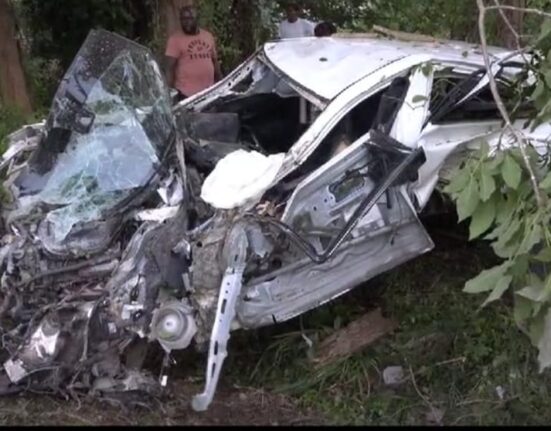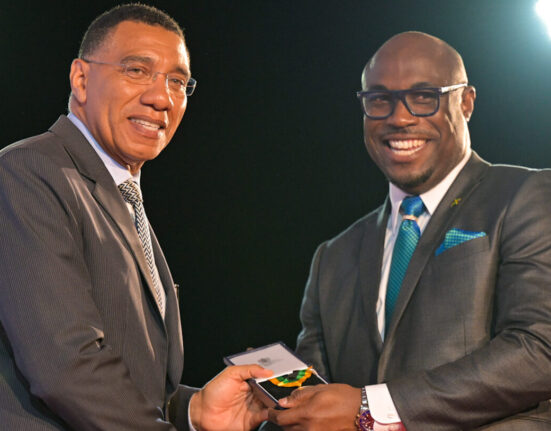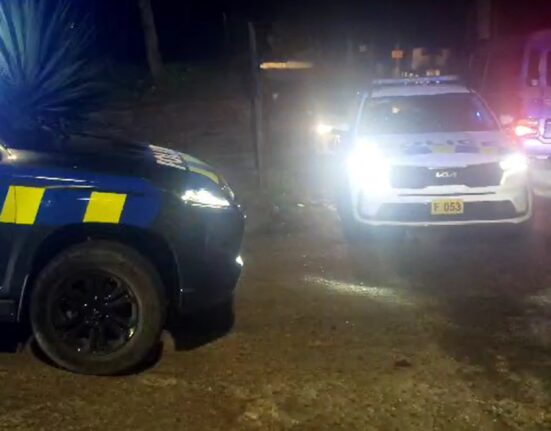Too Many Factors Pushing Boys to Anti-Social Behaviour
Michael Huggan
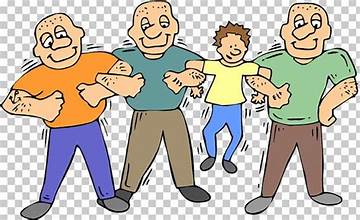
The 2023 – 2024 school year is upon us and we appreciate the myriad of shortcomings in the education environment that are like a recurring decimal. One such issue is the plight of male students in the school system, who are fast becoming an endangered species.
This is evident from the sheer number that manifests disruptive and or aggressive behaviour. Increased dropout rate and run-ins with the law are features of antisocial outcomes in adolescent males.
In many of our schools, gang activities, bullying, victimization and fighting are examples of violent conduct that adolescents engage in. These types of violent behaviour are a consequence of poor socialization, peer pressure and substance abuse. Adolescent males who have behaviour concerns pose the most significant challenge to society.
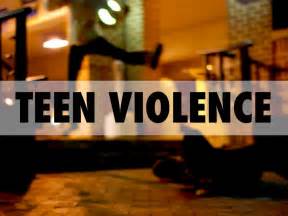
Let me hasten to establish that some maladaptive behaviours displayed by our males represent a normal developmental stage or may be an indication of a severe ongoing mental disorder that may cause a safety concern to self and others. These behaviours often consist of an antisocial behaviour pattern.
An antisocial behavior pattern involves the repeated violation of social norms in the home, school and community. The patterns of behavior also entail hostility and aggression towards others, a willingness to break rules and defiance of adult authority. This behavior tends to be persistent over time, coupled with resistance to intervention which frequently leads to rejection by peers, teachers, and family.
Aggressive and disruptive behavior is an unfortunate, but significant issue that plagues schools and is demonstrated the most prevalence in adolescents. The teacher’s threshold for withstanding the accompanying stress is also being exceeded day by day.

Developmental psychology shows adolescents’ peer groups are a significant contributor to the path to risk-taking behaviour .
One predictor of deviant behavior in adolescence is the affiliation with deviant peers, and this relationship is particularly strong for adolescent substance use and abuse. It is much the same with the involvement in criminal activity.
A family is a privileged environment fostering personality formation and bonding. Therefore, it plays a fundamental role in the development of children. It is the primary agent of socialization because it is within the family that children begin to acquire values , attitudes, and behaviour that are accepted by society. In our Jamaican context, most of our homes are single family with the father more times than not missing. When family structure is absent: the single-parent household is at a disadvantage because it lacks proper supervision.
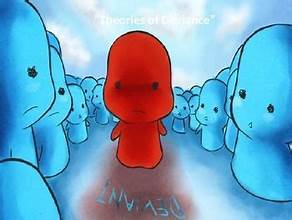
Children who are not supervised by parents and fail to be taught right from wrong , their whereabouts not monitored , who they befriend and activities they engage in are likely to develop antisocial tendencies.
Studies show that one of the first things to suffer is the academic performance of these boys. Deviant behavior is having a negative impact on boys’ academic achievement in school.
Almost daily many acts of violence take place due to students’ inability to resolve conflicts in a civil manner with peers, teachers and administration.
The school system will never be free of disruptive behaviour, especially with our male students. However, the time has come to make a concerted effort to remedy the situation. It is time we put strategies in place that address the factors leading to these harmful behaviours.
For the 2023 – 2024 school year, let’s pledge to foster the kind of behaviour that is needed to create the change that will align with the 2030 Vision of making Jamaica a safe, cohesive, just society that empower the male student to realize his fullest potential.
(Michael Huggan is a teacher)



